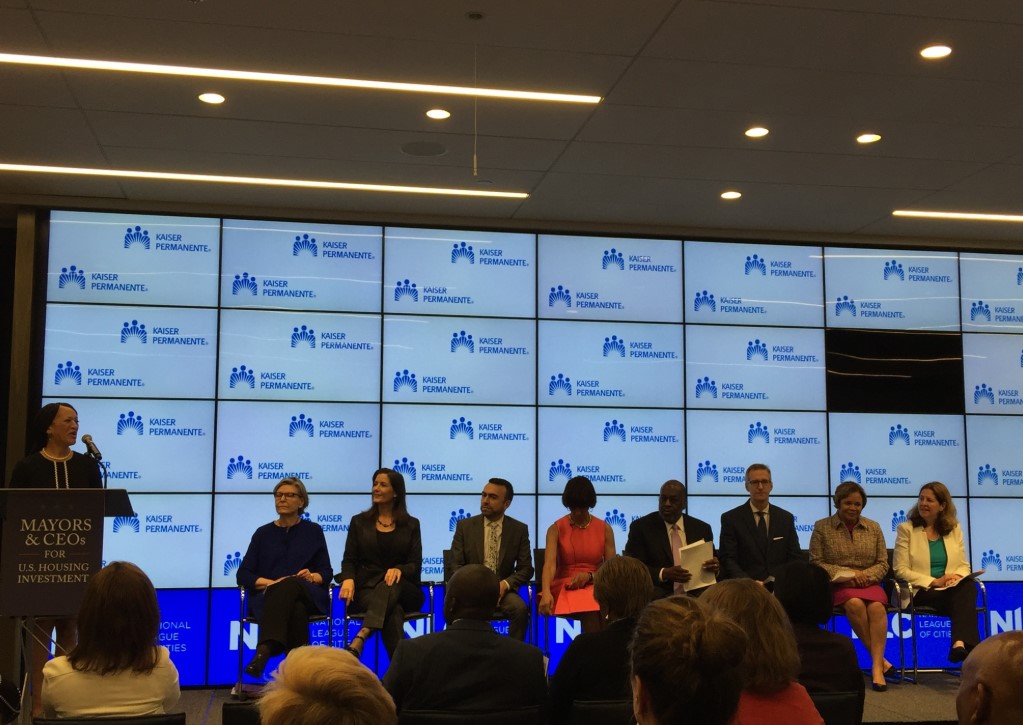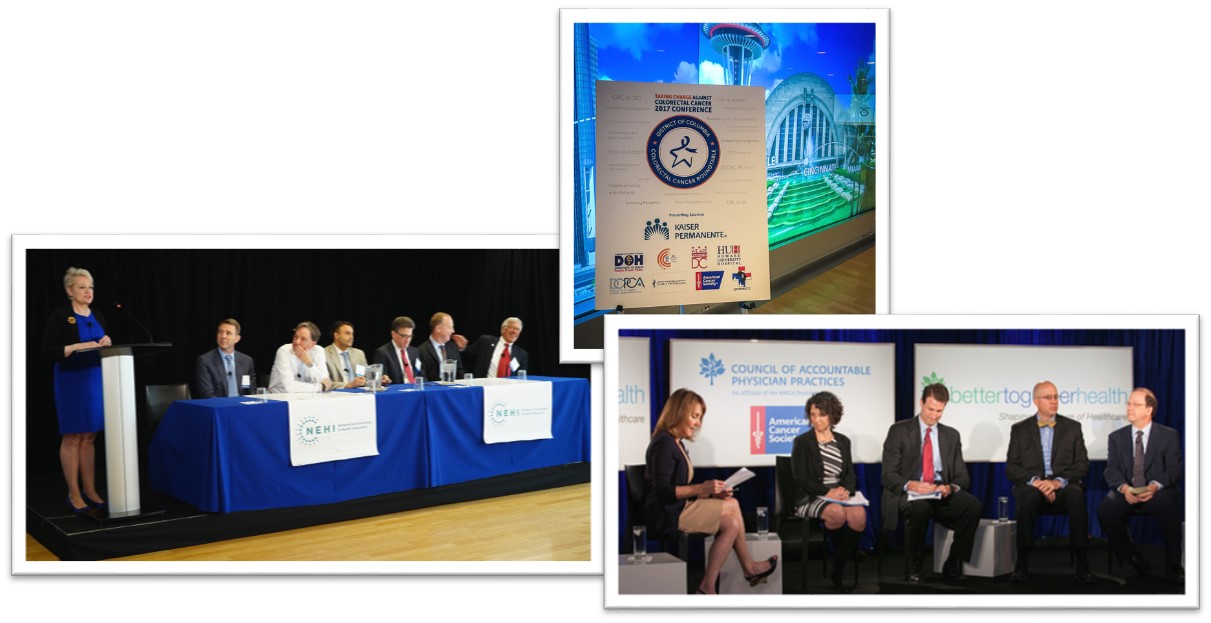The World Economic Forum today published a powerful blog post authored by Raymond J. Baxter, senior vice president for Community Benefit, Research and Health Policy at Kaiser Permanente. In it, he talks about the obesity and inactivity epidemics in the United States and the chronic conditions they can cause – as well as what they cost us at home and across the globe.
“Indeed, we know that chronic conditions such as diabetes, obesity, coronary artery disease and depression account for 75% of the nearly $3 trillion we spend on healthcare every year in the United States alone,” Baxter writes in his blog post. “Worldwide, these conditions are projected to cost our global economy a staggering $47 trillion per year.”
While acknowledging the role of personal responsibility in improving an individual’s health, Baxter points out that chronic conditions hit minorities and the poor the hardest. These are communities where fresh, healthy food options aren’t available, and where safety determines whether or not someone chooses to go for a walk or if kids can play outside. He writes:
“When high-fat, high-sodium, high-sugar, low-nutrition, cheap, packaged snacks from a tiny corner store are convenient; when watching television behind locked doors is the safest, easiest choice; when cheap tobacco and alcohol are readily available to “ease” the stress of a toxic environment, that becomes an infectious lifestyle that breeds chronic health conditions.”
Luckily, change is afoot. Baxter describes the Healthy Eating, Active Living (HEAL) Cities Campaign – a partnership between the California Center for Public Health Advocacy and the League of California Cities to increase the availability of healthy food and encourage physical activity. The goal of the campaign is simple, yet profound: Make the healthy choice the easy choice.
“Personal responsibility is certainly central to improving individual health,” says Baxter. “But collective resolve can be the catalyst that sparks a global revolution to place healthy living at the heart of every individual, family and community…”
Read Baxter’s post in its entirety at the WEF blog.



